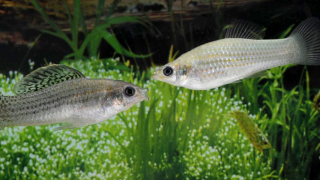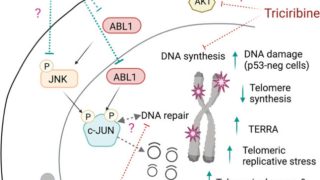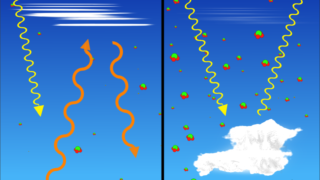
Why we speak and chimpanzees don’t
Imagine this: you’re visiting the chimpanzee enclosure at a zoo. Some sit on the grass, chewing on leaves and scratching their heads, while others hang from the wooden beams. In a corner, a female is holding her baby. You can’t help but picture a human mom doing it in the exact same way. For a […]








